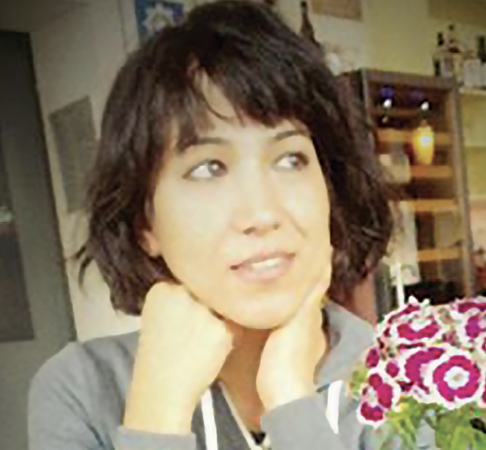“What if I created a story that you remembered with your entire body and not just your mind?” Nonny de la Peña, the “Godmother of Virtual Reality”, describes how emerging virtual reality technology places an audience inside a story to make them feel more empathy and understanding. Nonny will be exploring the huge potential of VR filmmaking and immersive journalism for productive political action to change dominant narratives in the first of a new series of webinars, Being Human When Digital: Augmented and Virtual Realities. She will be in conversation with Dylan Valley, Atlantic Fellow for Racial Equity, an award-winning filmmaker and educator who works with film as a powerful tool for social change.
Immersive learning through AR and VR has huge potential to change hearts and minds, improving educational experiences and skills as it becomes more mainstream. However, the power structures of the past are perpetuated into the future through technology, exacerbating racial, social, and economic inequities. Atlantic Fellows have the opportunity to learn more about harnessing its potential - as a social change campaigner, educator or health professional. Rather than being a passive recipient of emerging technologies, the Atlantic community are being given the opportunity to actively use, critique and develop them through a series of dedicated sessions with some of the leading thought leaders and practitioners with an interest in AR/VR.
Immersive journalism and 360° films enable audiences to experience stories in a deeper, more physical way than through traditional mediums. Research suggests experiencing stories and news content in virtual reality can heighten empathy as it provokes visceral emotional responses.
The dawn of AR and VR also brings with it some big questions. Is it really going to change the way we undertake social justice work when so few have access to it because of its cost? In what ways will AR/VR technology change how and why we tell stories? Should we position this tech as a shortcut to understanding the reality of lived experience? Can we commit to decolonization whilst using hardware produced by big tech? Such questions and more will be discussed in the first of the webinars, guided by Wilneida Negrón, Atlantic Fellow for Racial Equity and a political scientist-technologist at the Ford Foundation working on the intersections of technological and social change with a national and global perspective.







.png)
